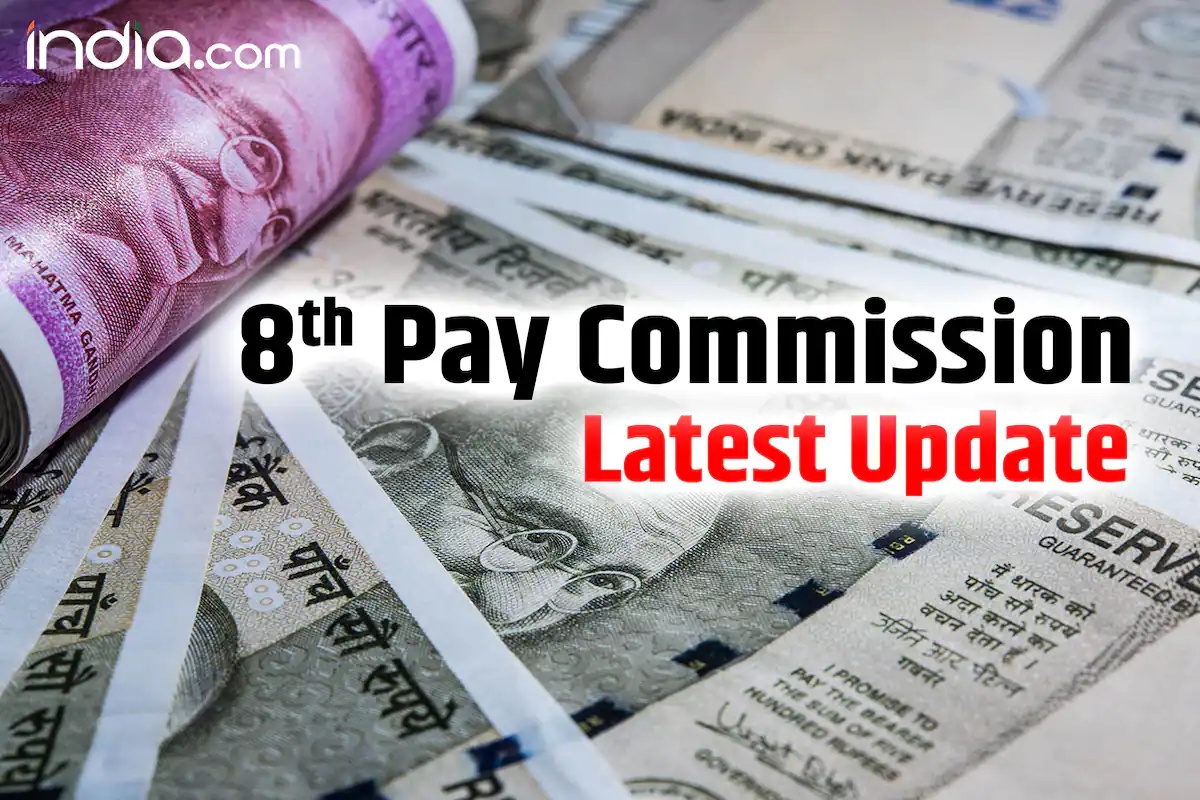
Pay Commission Delays Raise Questions About Salary Increases
The 8th Pay Commission, a pivotal initiative for Central government employees, faces potential delays in its implementation, raising concerns among millions of beneficiaries. Originally approved by the Narendra Modi-led government, the commission’s recommendations aim to revise salaries and pensions for over 5 million current employees and 6.5 million retired personnel. However, recent reports suggest the process may take longer than expected, with implementation possibly delayed until 2027. This uncertainty has sparked debates about the financial implications for employees and the broader workforce. Analysts warn that delays could disrupt budget planning and affect the purchasing power of government workers, who already face inflationary pressures. The commission’s Terms of Reference (ToR) remain unfinalized, adding to the ambiguity surrounding timelines and outcomes.
Salary Hikes and Financial Impact on Government Workers
While the 8th Pay Commission’s potential salary increases of 30-40% could significantly boost earnings for Central government employees, the delayed implementation poses challenges. The proposed revisions, if approved, would directly benefit approximately 44 lakh employees across ministries and departments, along with over 68 lakh pensioners. However, the extended timeline raises questions about the feasibility of integrating these changes into the 2026-2027 fiscal budget. Critics argue that delays could strain public finances, as the government may struggle to allocate resources for both the commission’s recommendations and existing obligations. Meanwhile, employees face uncertainty about when they will see the promised financial improvements, which could impact their long-term financial planning.
Historical Context and Current Challenges
The 8th Pay Commission’s delayed rollout echoes the 7th Pay Commission’s timeline, which was announced in 2014 but only implemented in 2016. This historical precedent highlights the bureaucratic hurdles often faced in large-scale salary revisions. The current process involves multiple stages, including report preparation, government review, and approval, which can prolong timelines. With the 8th Finance Commission expected to submit its recommendations by late 2025, stakeholders are closely monitoring the government’s decision-making process. The final approval will determine whether the salary hikes and pension adjustments will be realized, affecting the livelihoods of millions of government workers and retirees.
Broader Implications for the Workforce and Economy
The delayed implementation of the 8th Pay Commission has far-reaching implications for India’s formal sector and labor force. Central government employees, representing 9% of the formal sector, are a critical component of the economy, and their financial stability directly impacts consumer spending and economic growth. The potential 30-40% salary increase could mitigate inflationary pressures, but the delayed rollout risks exacerbating financial strain on households. Additionally, the 4.4 million employees and armed forces personnel covered by the commission account for 0.7% of India’s 60 crore labor force, underscoring the scale of the reforms. Analysts emphasize the need for transparent communication from the government to manage expectations and ensure the reforms align with fiscal realities.
Future Outlook and Policy Considerations
As the 8th Pay Commission navigates its approval process, policymakers must balance the demands of employees with the constraints of public finances. The delayed implementation underscores the complexity of large-scale reforms and the importance of clear timelines. While the potential salary increases could provide much-needed relief, the extended timeline risks undermining confidence in the government’s ability to deliver on its promises. Stakeholders, including employees and pensioners, are urging authorities to expedite the process to ensure the reforms’ benefits are realized without further delays. The outcome of the 8th Pay Commission will not only shape the financial landscape for Central government workers but also serve as a benchmark for future policy decisions affecting the workforce.




